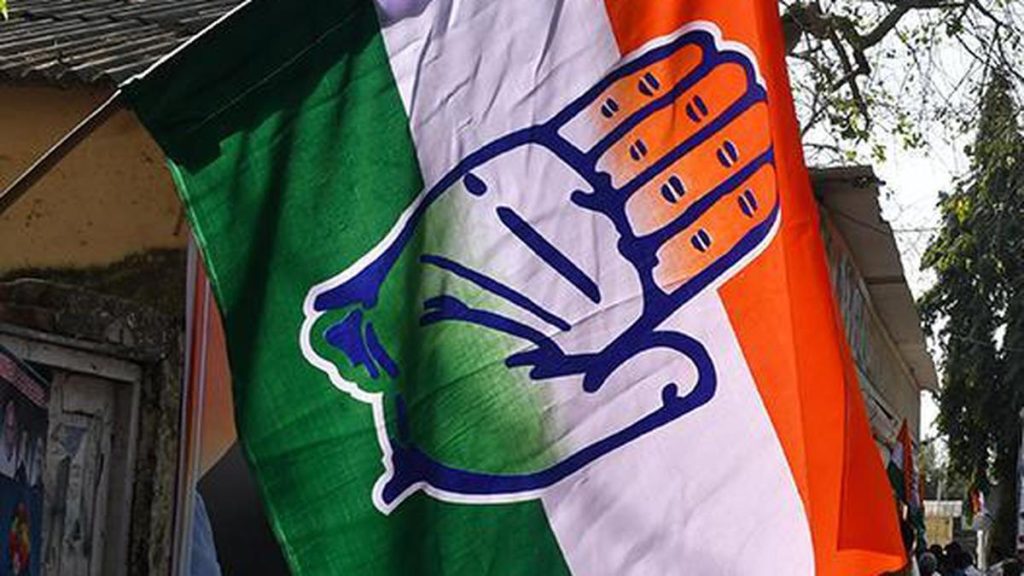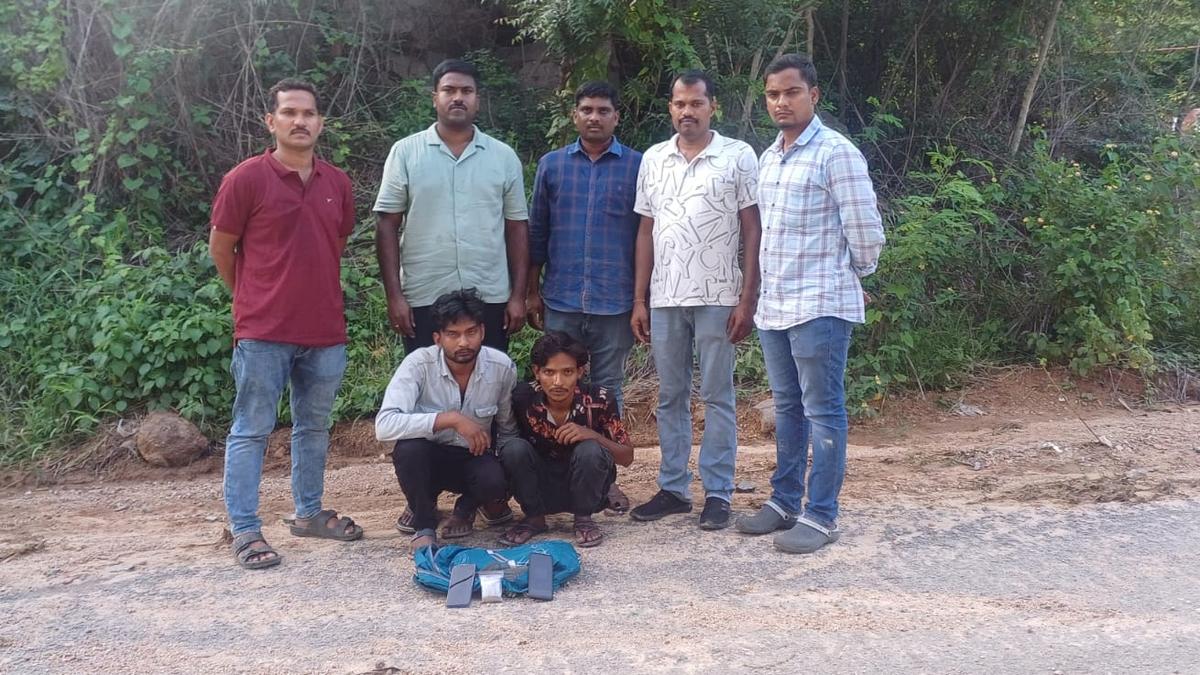Now Reading: HC Criticizes State, CBI Over Poor Coordination in Fraud Cases
-
01
HC Criticizes State, CBI Over Poor Coordination in Fraud Cases
HC Criticizes State, CBI Over Poor Coordination in Fraud Cases
quick Summary
- The Madurai Bench of the Madras High Court criticised the State government and the Central Bureau of Inquiry (CBI) for lack of coordination in handling financial fraud cases.
- Two petitions filed by SBI sought CBI action on complaints related too loan frauds amounting to ₹13.11 crore and ₹3.84 crore, respectively.
- Justice B. Pugalendhi highlighted that procedural guidelines from RBI and Ministry of Finance were followed by SBI, but bureaucratic indifference delayed investigations.
- The court stated this systemic failure undermines public trust in justice and accountability, describing it as a “purposeful erosion” rather than administrative lapses.
- Directions issued include registration of FIR when threshold amounts are met and discouraging repetitive consent requests that slow down investigations.
- The judge emphasized institutional duty under constitutional obligations and directed both State government and CBI to review procedural inefficiencies.
Indian Opinion Analysis
The observations by Justice B. Pugalendhi underscore significant challenges within India’s governance architecture concerning inter-institutional collaboration on financial crimes. These delays perhaps weaken safeguards against large-scale banking frauds while eroding public trust in law enforcement mechanisms.procedural rigidity coupled with passive resistance signals hesitancy or inefficiency in addressing serious malfeasance despite clear legal frameworks.
For India, these issues hint at broader implications-whether administrative turf wars hinder effective operation or undermine critical institutions like public banks facing threats from financial misconduct. Strengthening accountability within such high-stakes cases will be essential not just for institutional efficiency but also preserving constitutional priorities like justice delivery for entities as vital as SBI.























